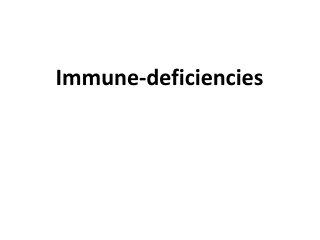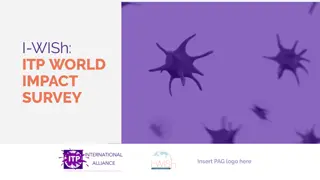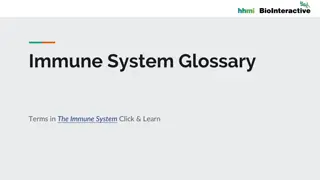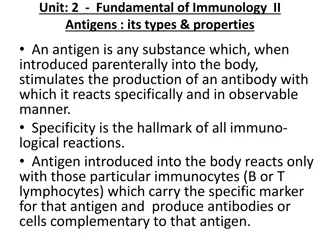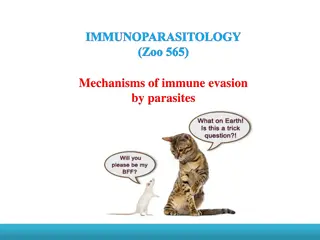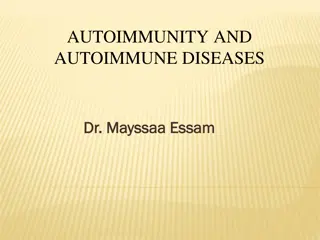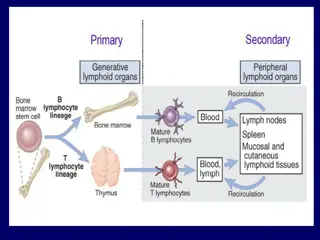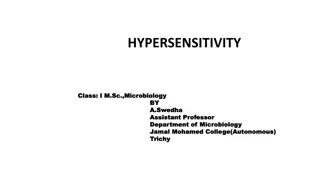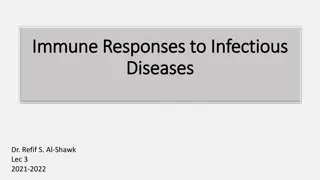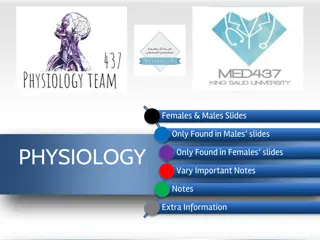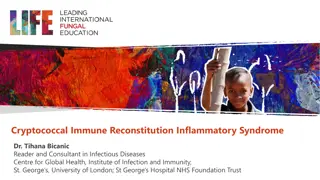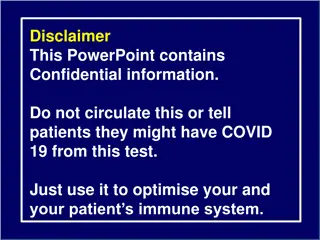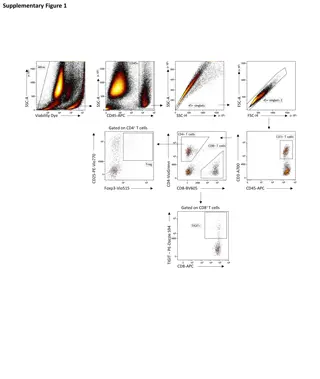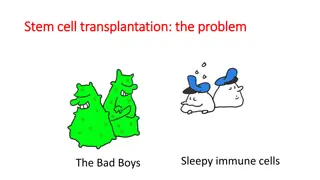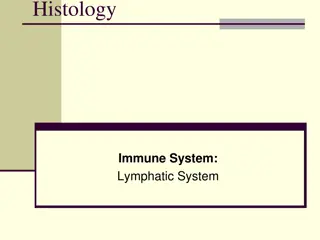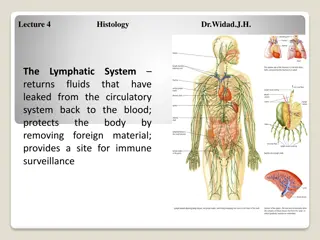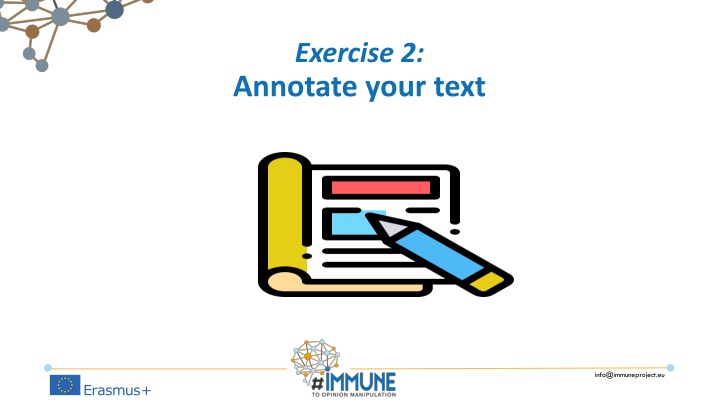
Media Ethics through Annotating Text
This exercise aims to guide students in appreciating the responsibilities and ethical dimensions of media creation, making ethical decisions, and analyzing media ethics cases and issues. By annotating a provided text, students will delve into understanding why the author wrote the article, focusing on details such as the title, language used, and presentation of evidence. Working in groups, they will discuss the values annotated in the text and create a mind map based on their perceptions. The exercise concludes with group presentations and discussions on ethics and media.
Download Presentation

Please find below an Image/Link to download the presentation.
The content on the website is provided AS IS for your information and personal use only. It may not be sold, licensed, or shared on other websites without obtaining consent from the author. If you encounter any issues during the download, it is possible that the publisher has removed the file from their server.
You are allowed to download the files provided on this website for personal or commercial use, subject to the condition that they are used lawfully. All files are the property of their respective owners.
The content on the website is provided AS IS for your information and personal use only. It may not be sold, licensed, or shared on other websites without obtaining consent from the author.
E N D
Presentation Transcript
Exercise 2: Annotate your text info@immuneproject.eu
This exercise aims to support students to.. appreciate the responsibilities of media and the ethical dimensions of media creation make ethical decisions regarding media, whether as providers or consumers, professionals or non-professionals, or as mere users of social media analyze media ethics cases and issues info@immuneproject.eu
1stStep: What is it about? Let s read the text and try to think.. What is it about? Who is the author? Why did the author write this article? Suggested document: Greece: Farcical trial of rescue volunteers begins next week, mnesty International https://www.amnesty.org/en/latest/news/2023/01/greece-farcical-trial- of-rescue-volunteers-begins-next-week/ info@immuneproject.eu
2ndStep: Why? Key question: Why did the author write this article? Let s focus our attention to specific details of the text, trying to understand Why : the title (clickbait) the text language (use language intended to provoke emotional reactions) lack of evidence (one-dimensional presentation of the event) Tip: annotate in the text specific words/phrases/punctuation marks that somehow are referred to this questions (Why?) and link them with specific values (e.g. reliability, love, respect, responsibility, justice, etc) info@immuneproject.eu
3rdStep: Lets work in groups Let s work in groups (4-5 members) and talk about the values annotated in the text. We are encouraged to create our mind map based on the values annotated and how we perceive them. Tip: in the centre we put the value that is most important and around the values with which it is associated info@immuneproject.eu
Presentation & Reflection When we finish, a representative of each group will present to the assembly their work (mind map) discussion starts about ethics and media *a presentation regarding relative issues (see ppt Media and ethics ) can follow info@immuneproject.eu
Media & Ethics Ethics refers to the way man behaves towards his fellow human beings and the way he treats himself communication, as a process of producing and conveying messages, is the means of manifesting or creating norms of moral behavior the media offer knowledge, values, help to shape people's attitudes and socialise them influence recipients in their values, in the shaping of their individual choices today there appear to be no ethical rules governing the operation of the media, which has implications for freedom and democracy info@immuneproject.eu
Role of the Media and Ethics media can positively influence values, principles, ideologies, perceptions and attitudes that promote wisdom, which means the right judgment and decision to do the right thing, also on the part of the media wisdom must therefore be a distinctive feature of the media, so that through their communicative interaction with citizens it can be disseminated to every individual in the social group they control media in modern societies must perform a serious social role as a function, with a high sense of responsibility, aiming at the common interest and the mutual respect of citizens and their respect for society as a whole info@immuneproject.eu

